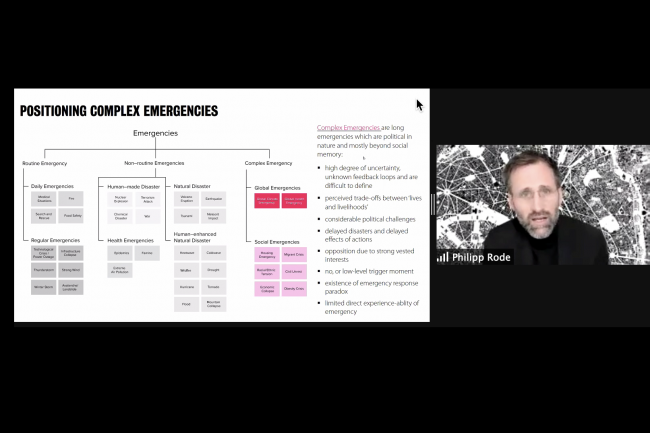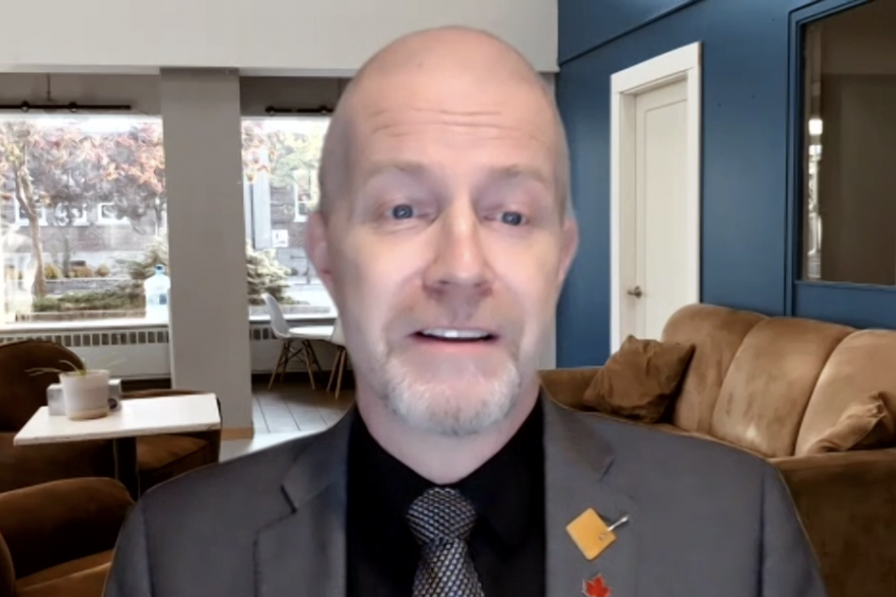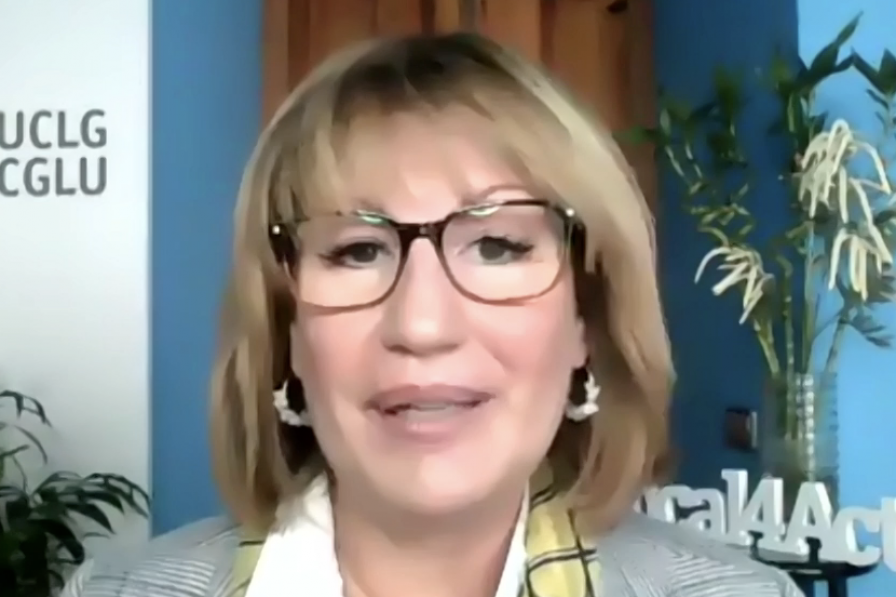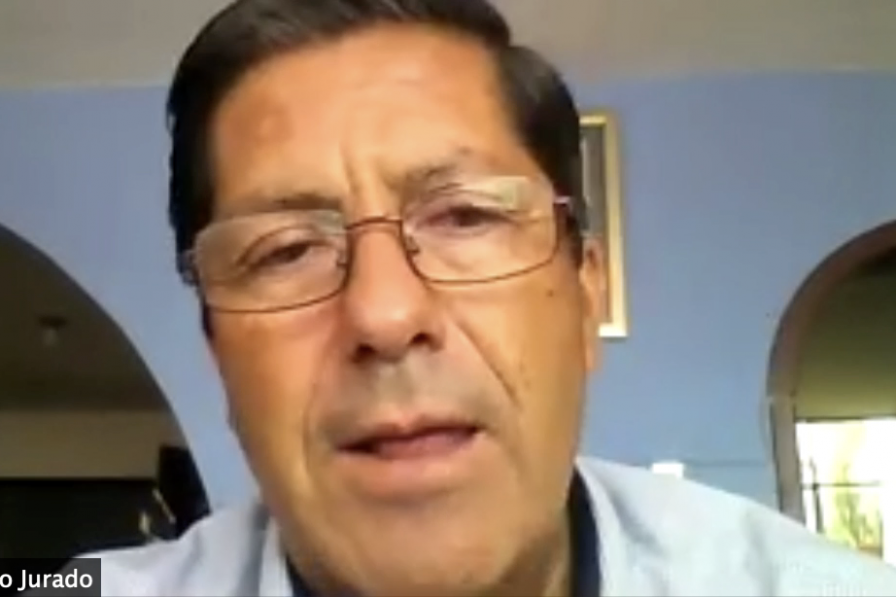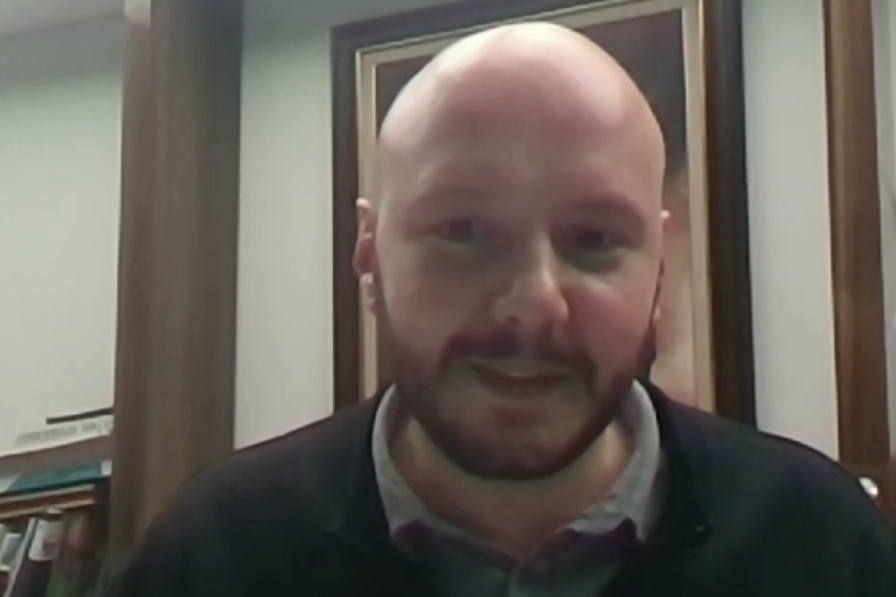The Policy Council on “Territorial Multilevel Governance and Sustainable Financing” convened on Wednesday, 10 February. It is co-chaired by Pablo Jurado, President, Consortium of Provincial Autonomous Governments, Ecuador, Geoff Makhubo, Mayor of Johannesburg, South Africa, and Núria Marín, President of the Barcelona Provincial Council, Spain.
Opening the meeting, UCLG Secretary-General Emilia Sáiz recalled discussions will serve as input for technical work taking place in the context of the UCLG Annual Retreat, which will meet from 15-22 February 2021.
Noting that his city of Prince George, Canada, is situated on the traditional territory of the Lheidli T'enneh First Nation, Garth Frizzell, President of the Federation of Canadian Municipalities (FCM), lamented the chronic underfunding of local authorities. He called for more balanced distribution of national resources to enhance local-level financial capacity and support investments for updating water and recreational infrastructure, especially in underserved communities.
Philipp Rode, Executive Director, LSE Cities, highlighted emergencies, such as COVID-19, lead to changes in the distribution of power among governmental and private actors, fluctuating privatization and deprivatization trends, shifting expenditure priorities, and loss of income for local governments. He underscored emergency governance must acknowledge the scale of the problem, focus on social justice and empathy, and embrace a systems approach.
David Jackson, UN Capital Development Fund (UNCDF), said sub-national levels of government are critical for transformation, particularly in developing countries. He called for sub-national level capital markets, highlighting the difficulty for subnational entities to raise capital at global market rates.
Barbara Samuels, Executive Director, Global Clearinghouse for Development Finance, and UCLG Ubuntu Advisor, explained suppliers of development finance increasingly see cities as battlegrounds for successful projects. She proposed developing a policy paper that defines priorities, instruments, and tools for local development finance for UCLG’s advocacy work in the global multi-stakeholder financing space.
Key points raised during the ensuing discussion included:
- enhancing local governments’ financial capacity in a sustainable manner;
- developing shared cross-party visions for the future of cities;
- increasing attention to the urban-rural continuum and the revitalization of small municipalities;
- using the COVID-19 pandemic as an opportunity to address apparent bottlenecks, notably related to the fragmentation of competencies, a lack of coordination, and complicated funding schemes; and
- local governments’ participation in the development of national recovery packages, including in decisions related to spending priorities.
Closing the session, UCLG Secretary-General Sáiz reiterated the upcoming Annual Retreat will further discuss issues raised, including ways to finance “the green future that we want to see.” Policy recommendations, she noted, will be developed prior to the UCLG World Council scheduled for the end of 2021.
